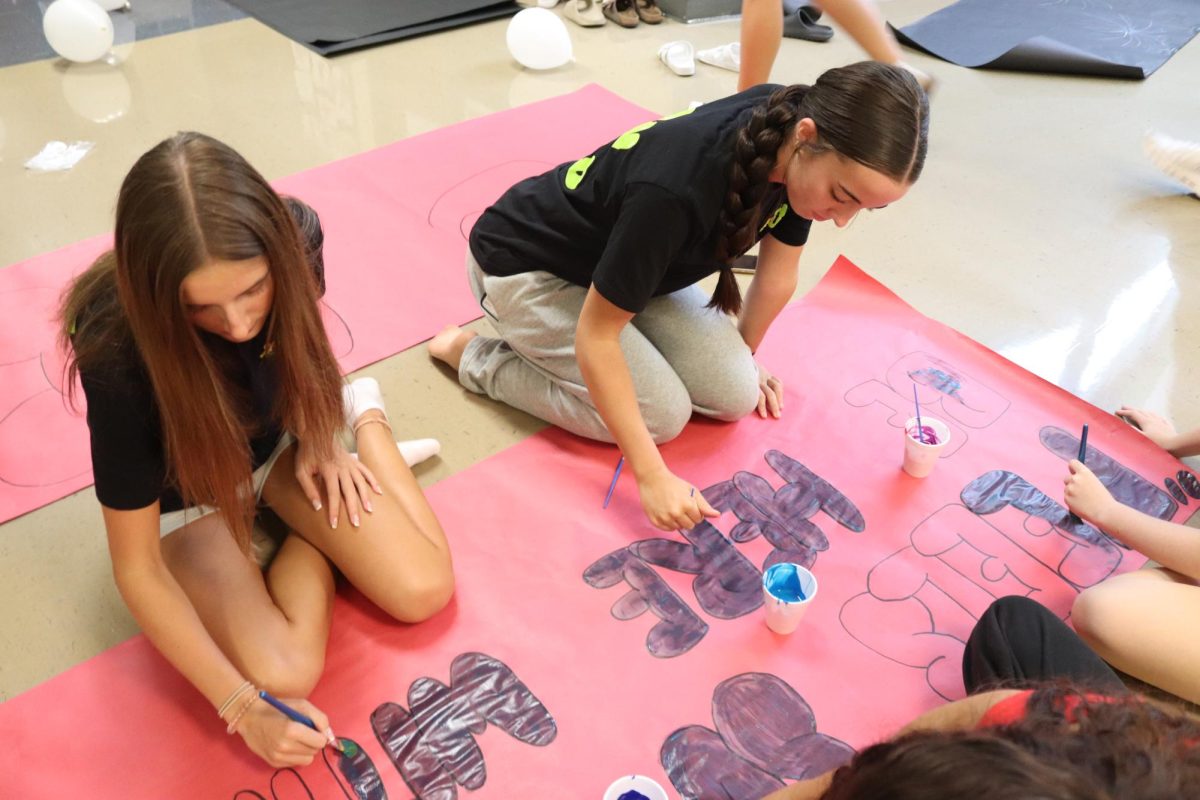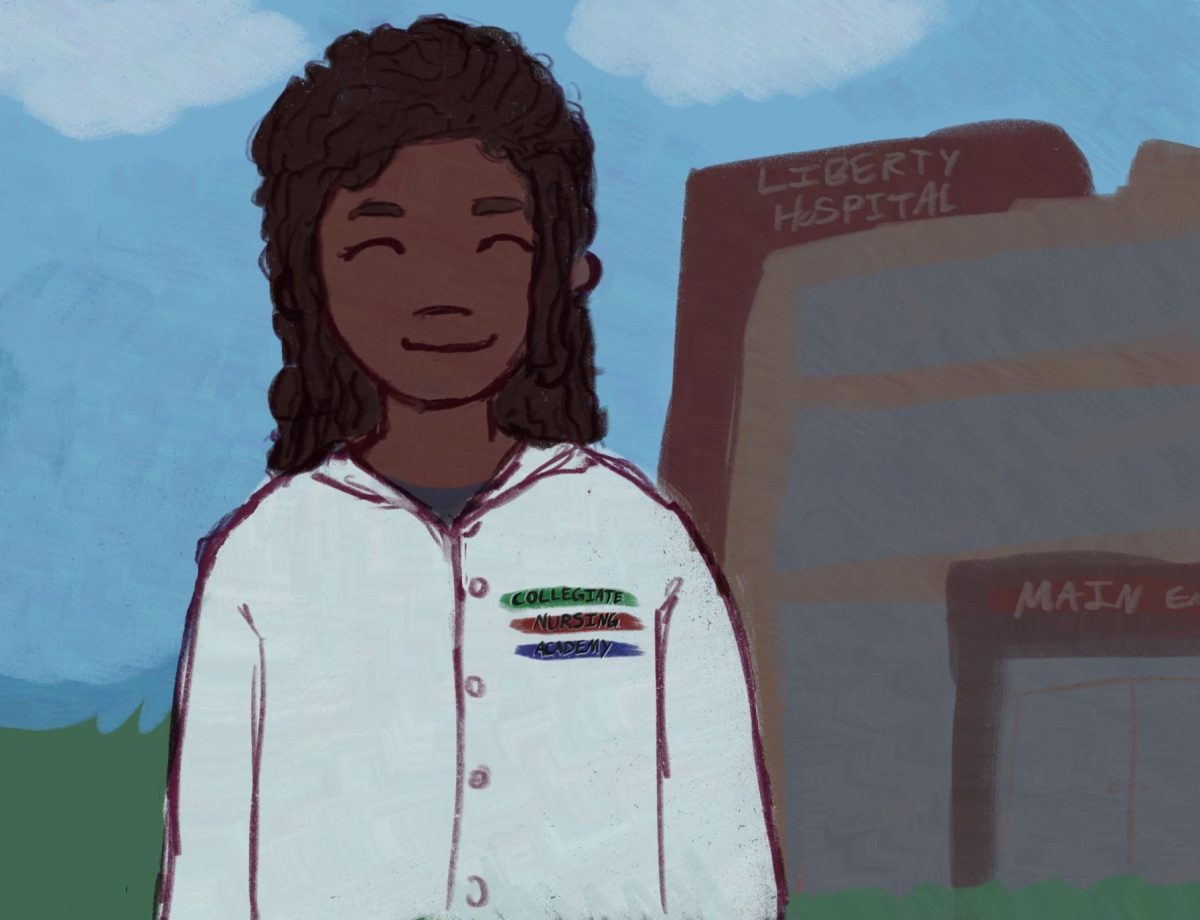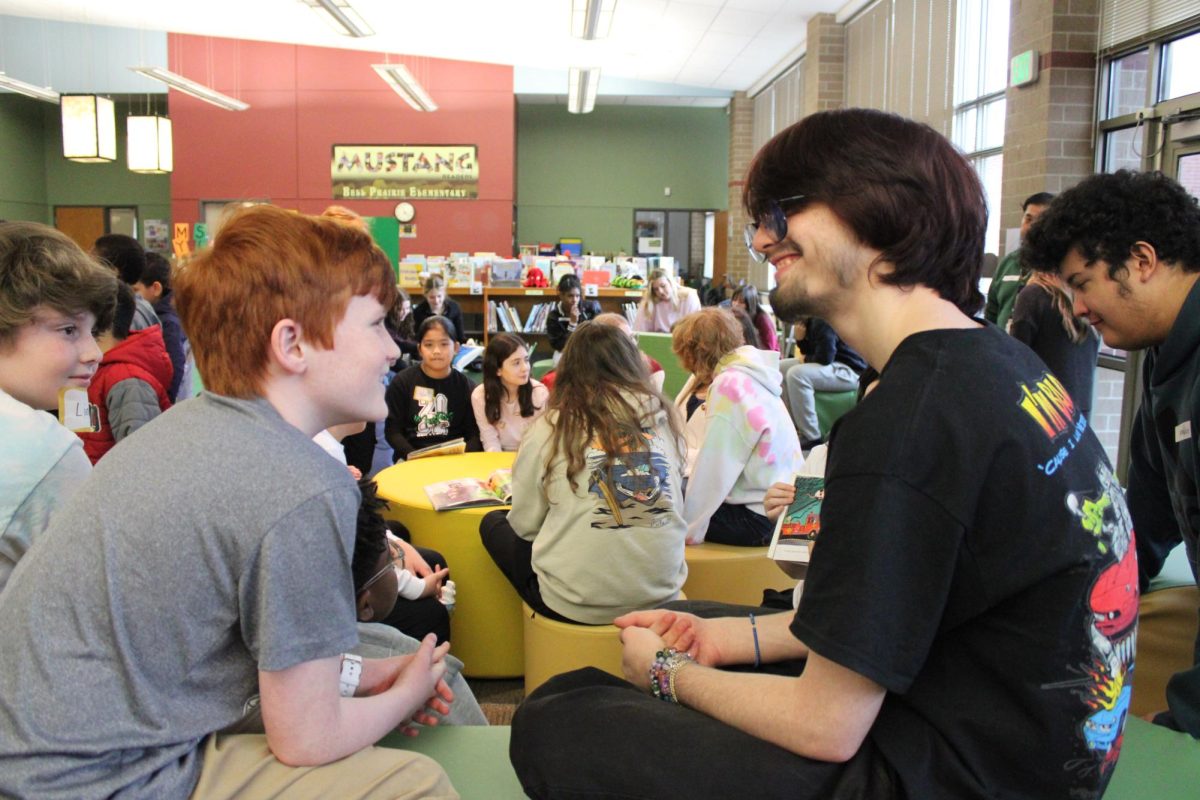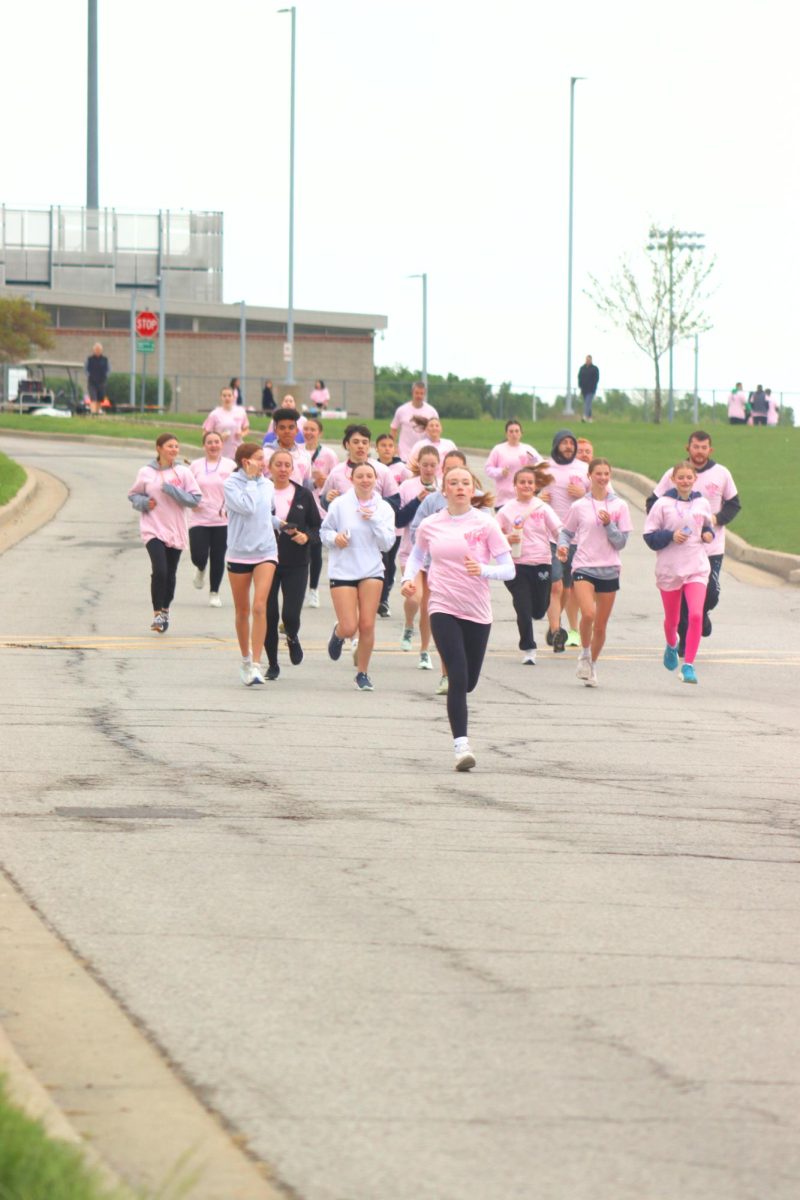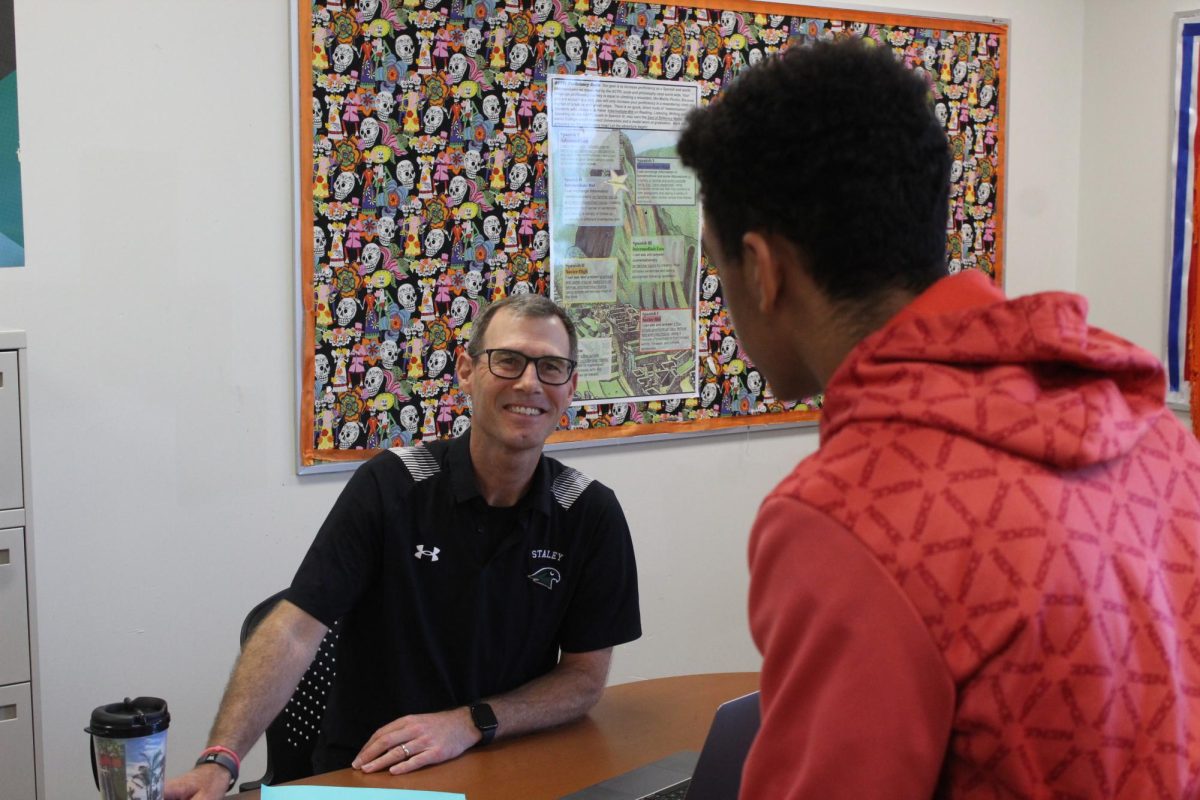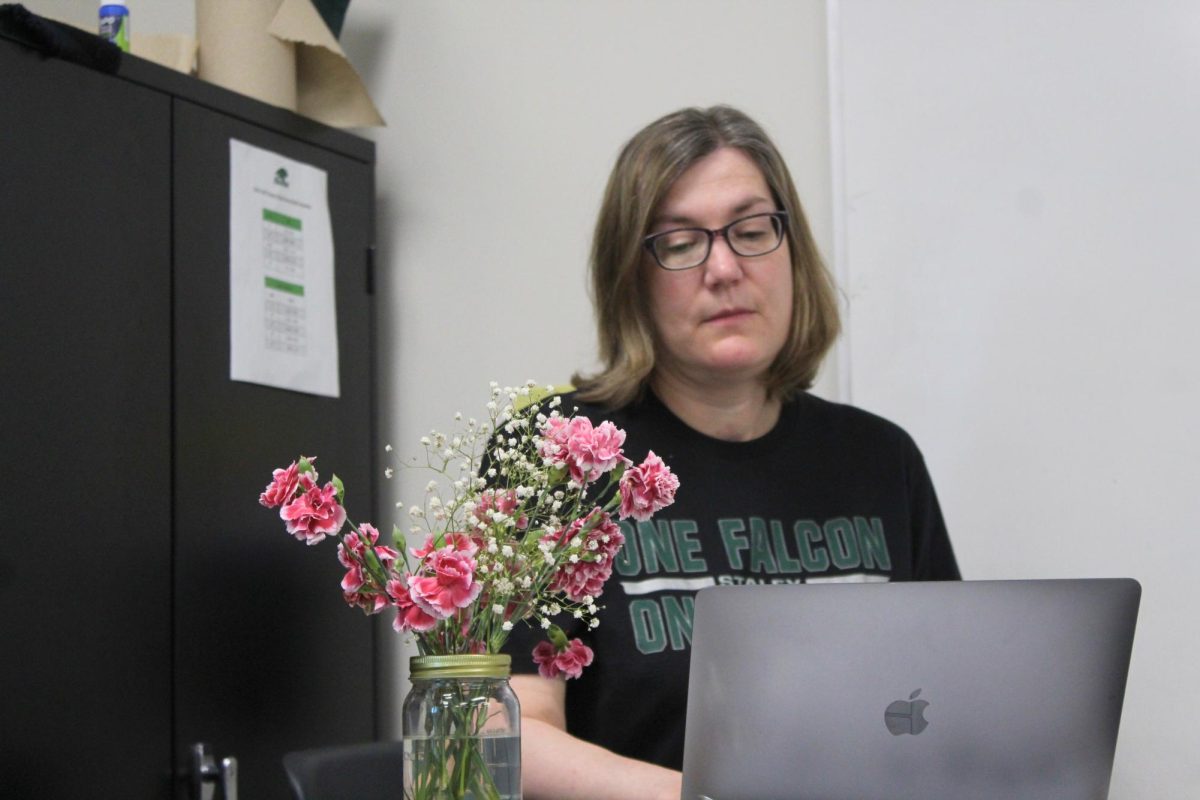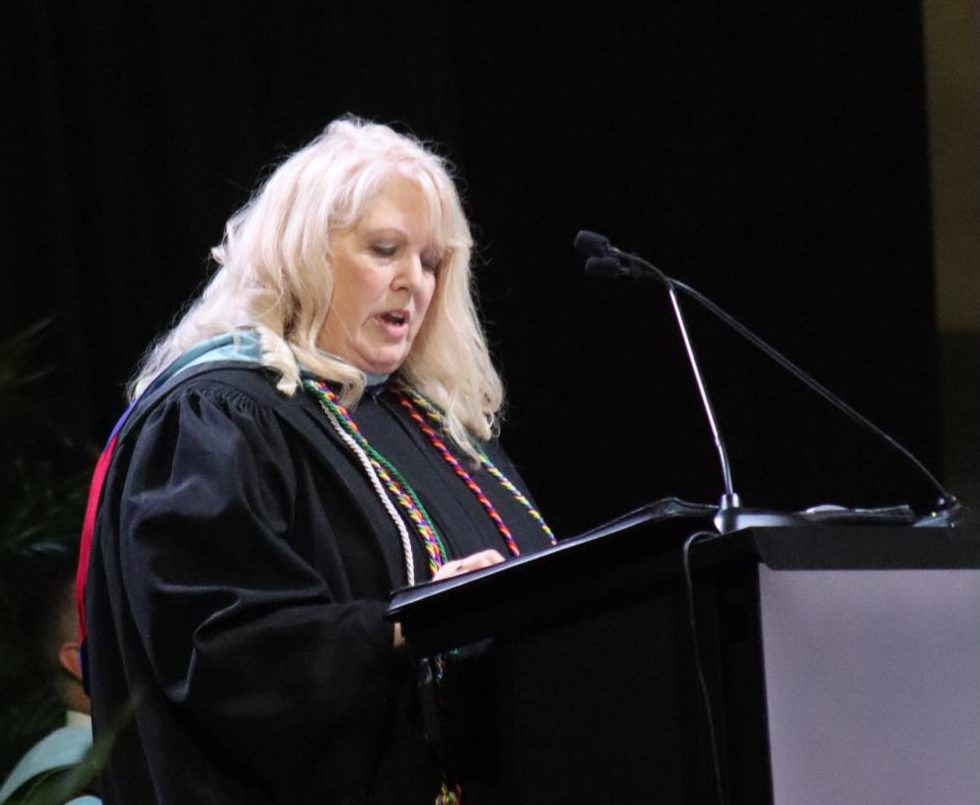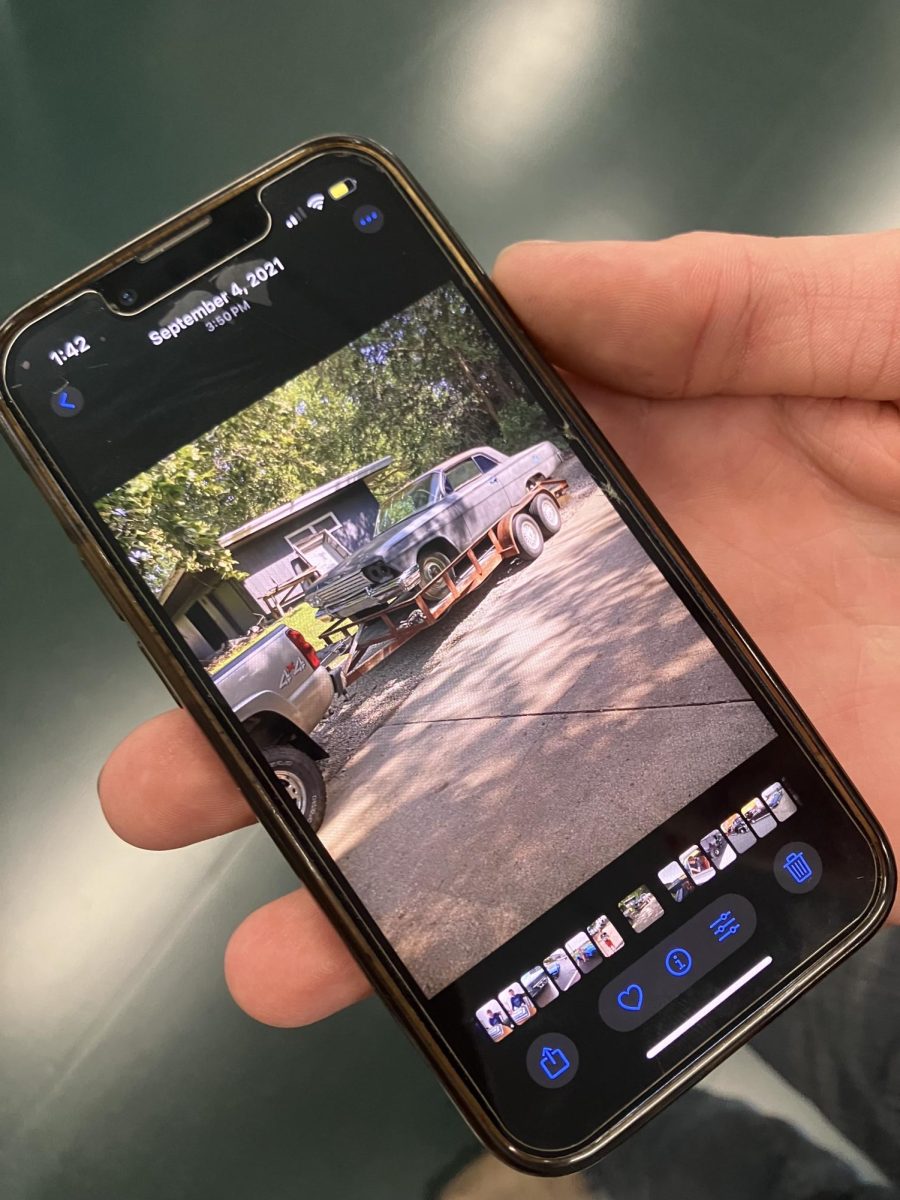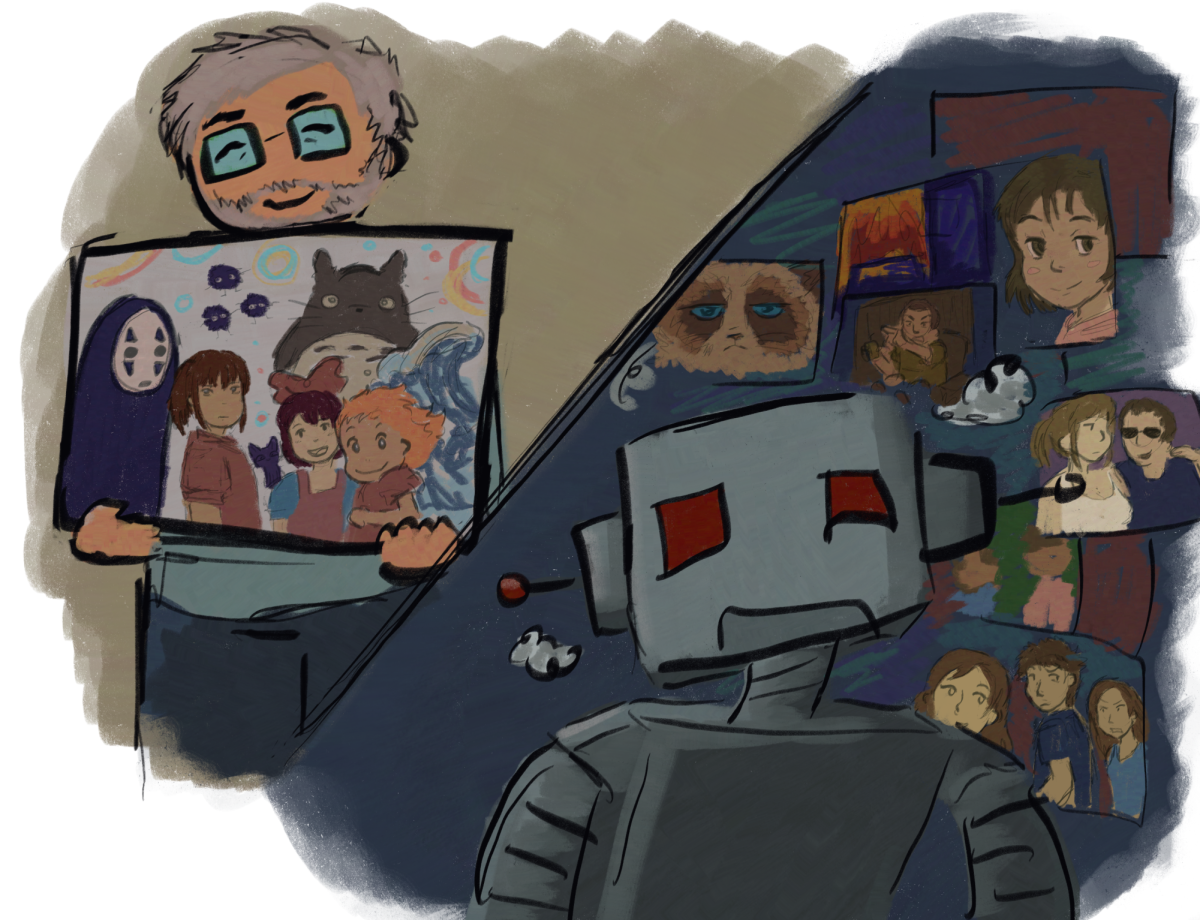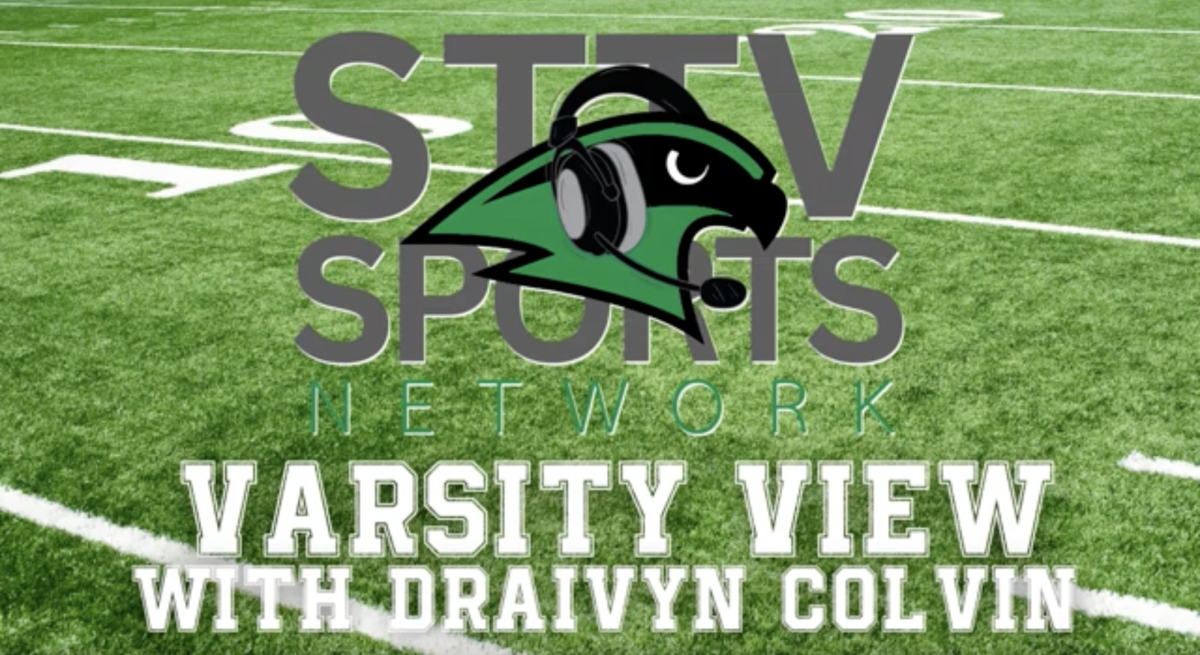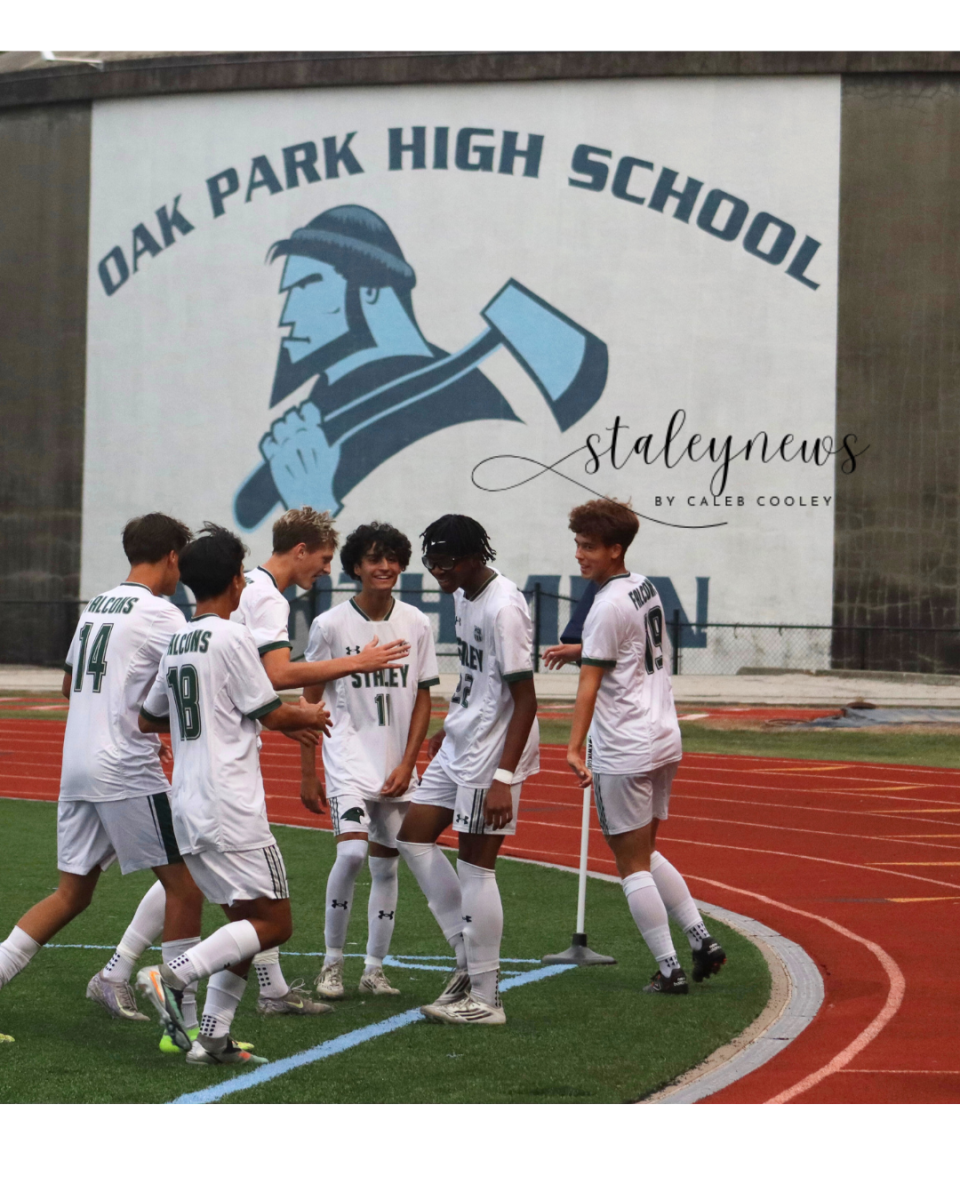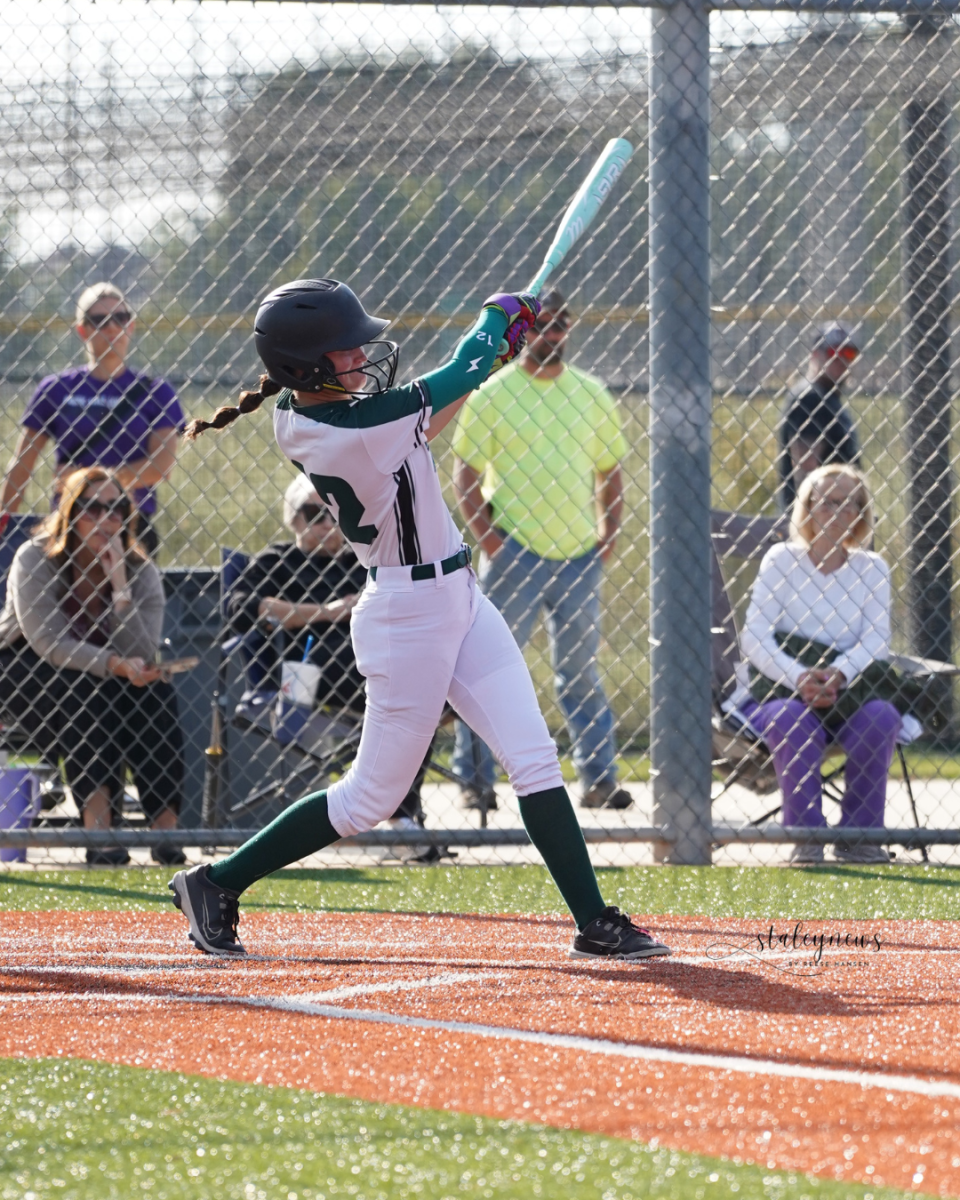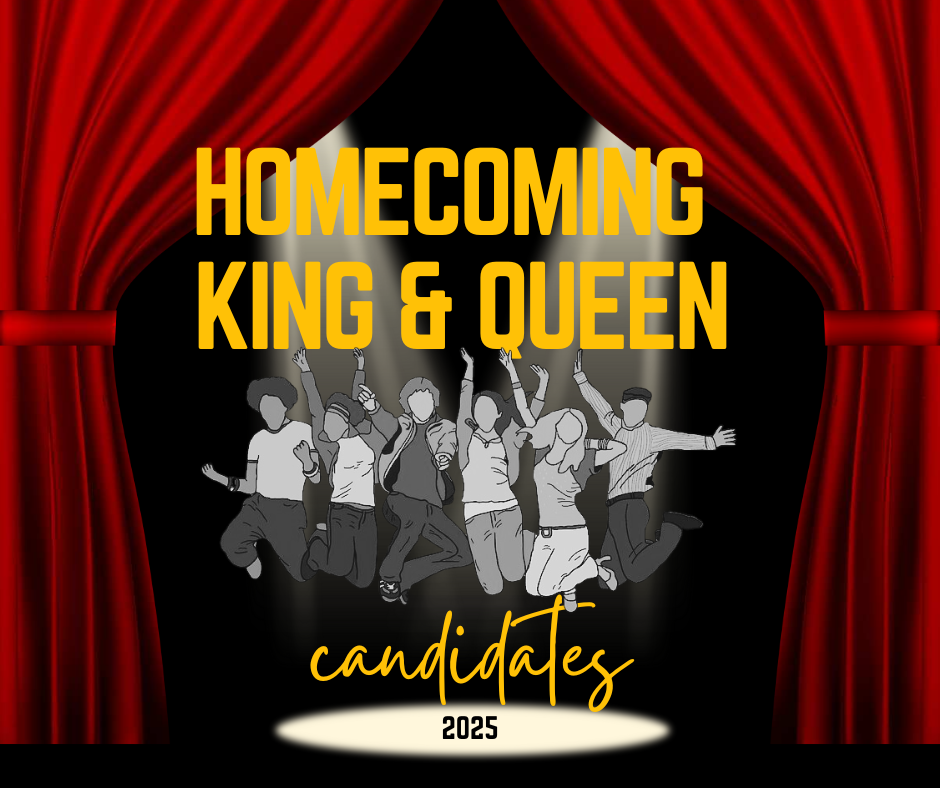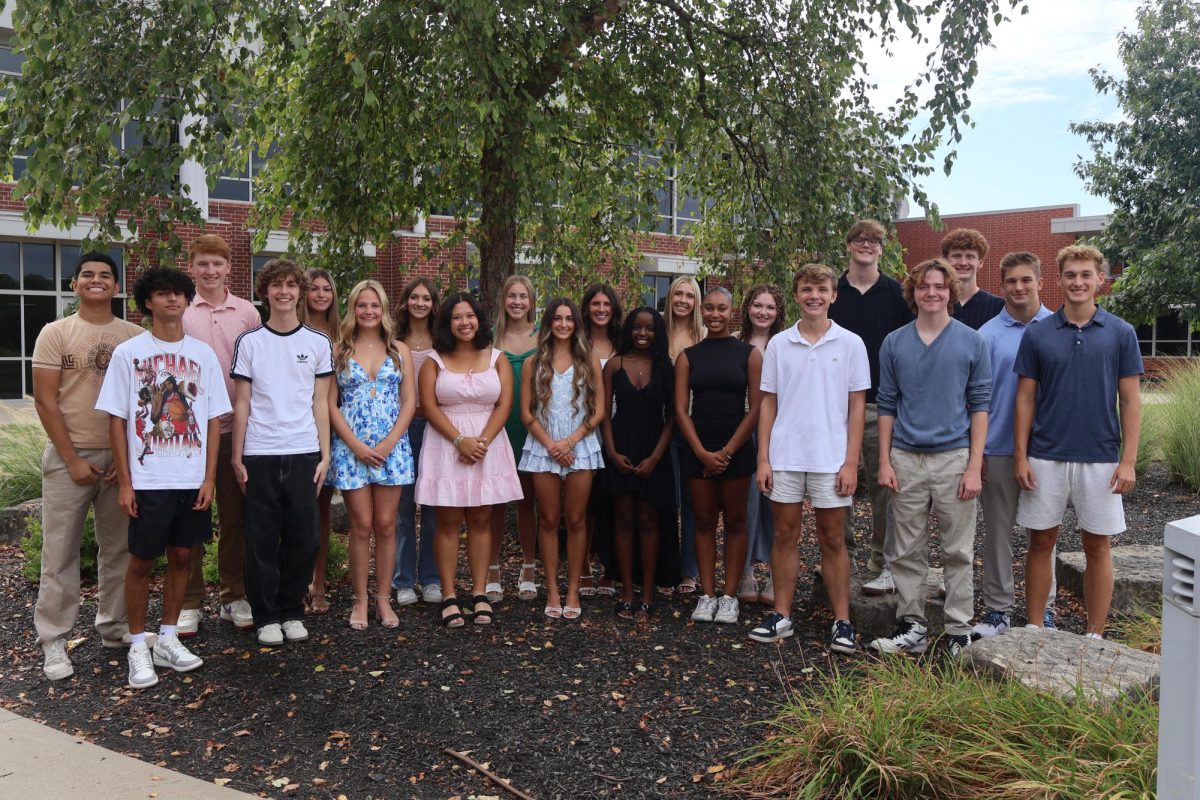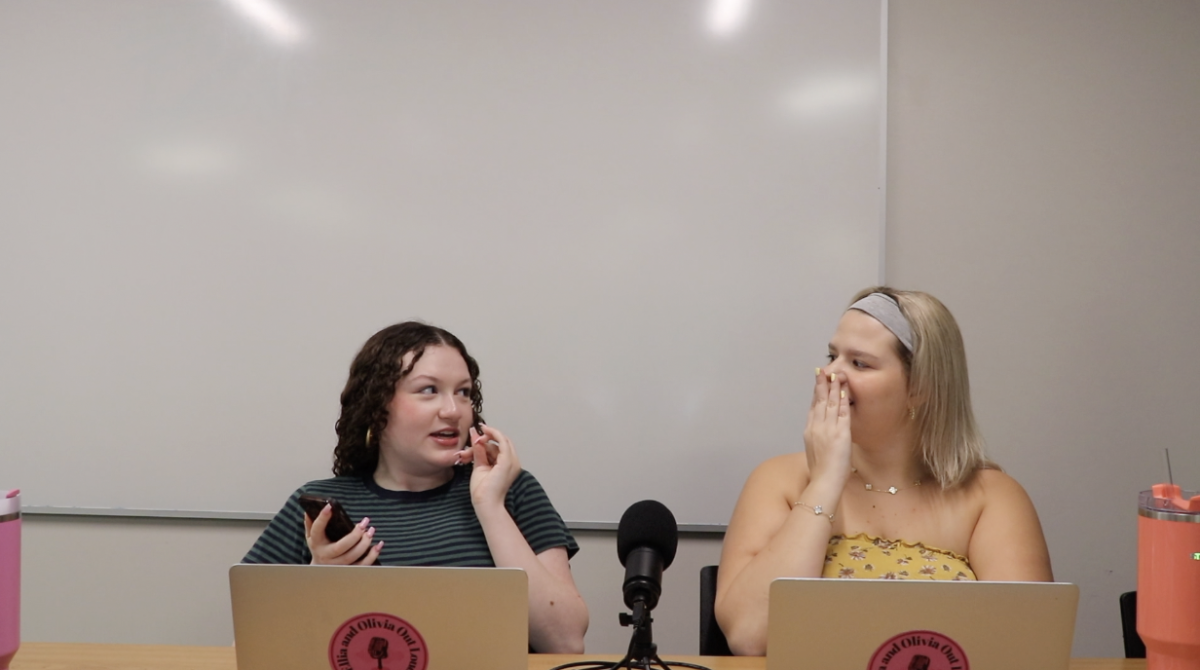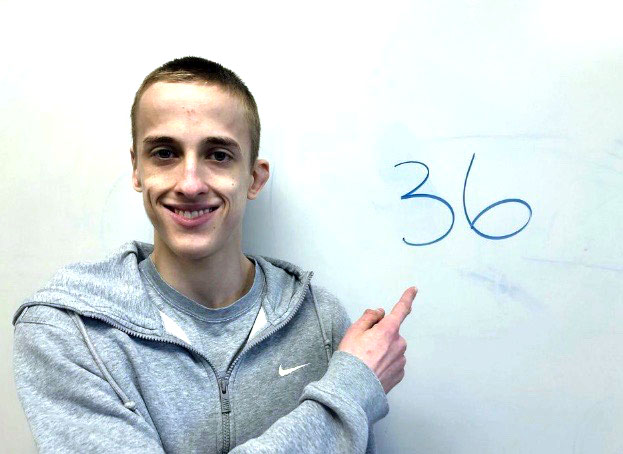Achievement on the ACT
After earning a perfect score on the ACT, junior Nicholas Kanatzer poses for his wrestling coach Elisha Bears. This was the first time he took the test since 7th grade. “The scholarships were a big part of it, but also I knew I was capable of getting a high score, so I of course wanted to try my best,” said Kanatzer.
May 21, 2019
It is not every day that someone earns a perfect score on the ACT. Only 0.195% of all test takers earn a composite score of 36 on the ACT in 2017, according to ACT. To put that in perspective, that was just 3,741 students. Therefore, achieving a perfect score on the ACT is rare. Junior Nicholas Kanatzer is one of those students.
“I thought I would get close, but I didn’t think I would actually get perfect,” said Kanatzer.
The ACT is a standardized test with four different multiple-choice tests: English, mathematics, reading, science and an optional writing test. Each of these tests are graded on a 1-36 scale and then averaged to obtain the composite score.
“I believe that score really is one that tells me that they were really exceptional and are going to be very successful in college,” said assistant principal Kevin Kooi.
However, it is not essential to get a perfect score in each subject to get a 36. Kanatzer did not get a perfect score on every portion of the test but still achieved an overall composite score of 36.
“I actually got a 36 on the reading and English, but a 35 on the math and science,” said Kanatzer.
This was the first time Kanatzer has taken the ACT in high school. The only other time was in seventh grade. His composite score then was 21, he said.
“I did have one camp type thing I did for the PSAT, and they taught some tricks and tips for this sort of standardized test, but other than that, I didn’t really have a whole lot of prep,” said Kanatzer.
Kanatzer is not just a dedicated student, but a hard-working wrestler as well, according to coach Elisha Bears. Bears said Kanatzer started wrestling his freshman year and progressed into both JV and Varsity.
“Nick has a great work ethic. He consistently puts in a great amount of time and effort in both the wrestling room and classroom,” said wrestling coach Elisha Bears.
For those who wish to accomplish a high score, Kanatzer recommended practicing test questions and taking practice tests.
“It’s hard to raise your score, but there are certain things you can do, ways to pick out main ideas in passages and stuff to make it go a bit smoother,” said Kanatzer.
Although he was not positive on what he wanted to do when he was older, Kanatzer knew he wanted to major in computer science.
“I’m thinking if I stay local, I’ll go to Missouri S&T,” said Kanatzer. “But I’m also thinking about applying to Cornell or CalTech.”

